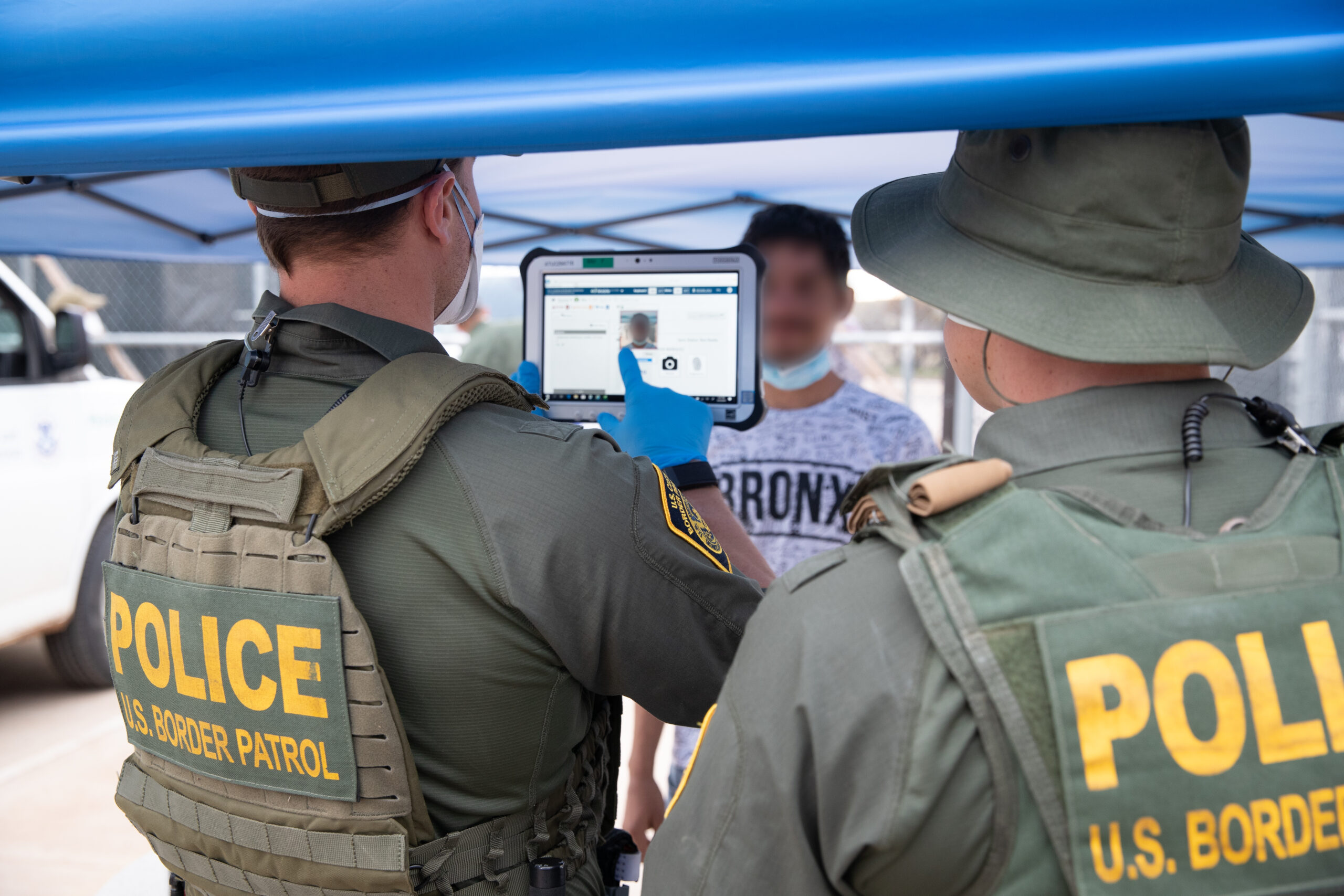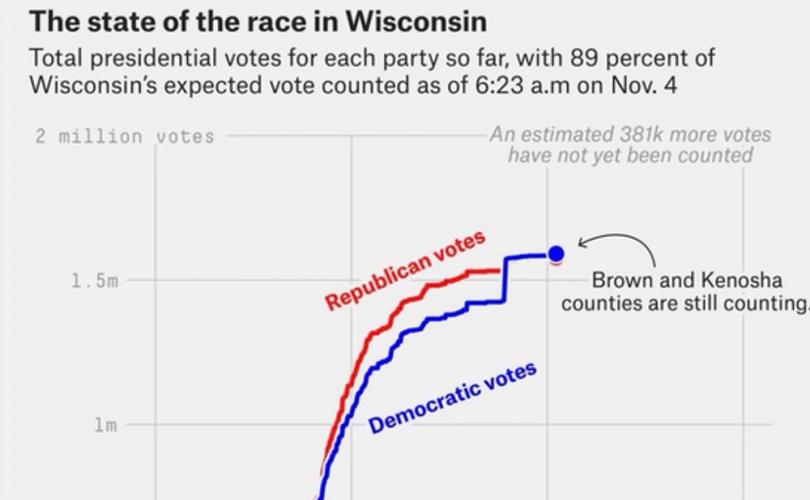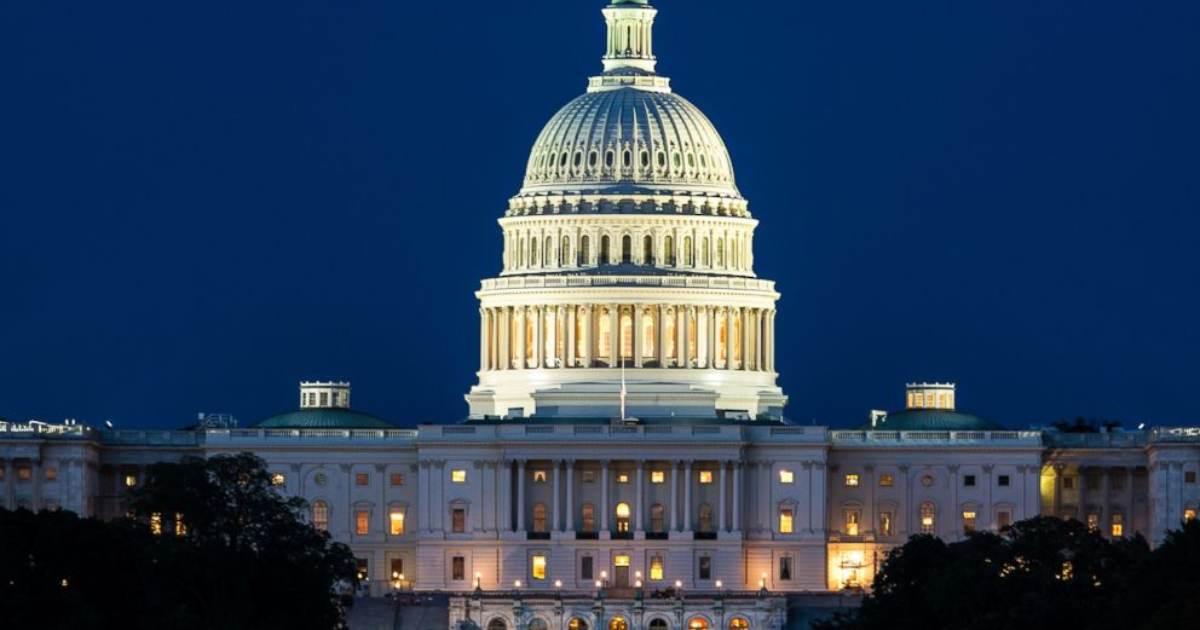
Arizona sheriffs are causing a political firestorm by refusing to enforce a proposed state law that would criminalize illegal crossings at the Arizona-Mexico border.
Proposition 314, set to appear on November’s ballot, seeks to empower local authorities to arrest and prosecute migrants who enter the U.S. illegally.
According to the Arizona legislature’s website:
Proposition 314 would establish criminal penalties against a person who is not lawfully present in the United States and who submits false documentation when both applying for public benefits and during the employment eligibility verification process. An entity that accepts public benefits applications would have to verify the person’s identity by using a federal verification database.
Proposition 314 would make it a class 2 felony for a person to knowingly sell fentanyl if the person knows that the drug being sold contains fentanyl, that the fentanyl was not lawfully manufactured or imported into the United States and that the drug caused the death of another person.
Proposition 314 would establish state crimes related to entering this state from a location that is not a lawful port of entry or not complying with an order to leave this state.
These sheriffs, who oversee counties along Arizona’s southern border, are citing everything from “budgetary concerns” to accusations of “racism” as reasons for not enforcing the new law.
David Hathaway, sheriff of Santa Cruz County, a border region home to one of the largest ports of entry, made the audacious claim that enforcing the law would be “racist,” according to The Guardian.
“It would be ridiculous for me to go up to practically every single person in my county and say, ‘Let me see your papers, I need to check your immigration status’,” said Hathaway.
It’s not just Democrats like Hathaway shirking their duties. Pima County Sheriff Chris Nanos, also a Democrat, declared he would refuse to enforce the law if passed.
Chris Nanos echoed Hathaway’s sentiments, warning that enforcing the new law would lead to “racial profiling.”
The real question is: since when did enforcing the law become optional?
Nanos argues that it would be too expensive for his department to arrest and detain illegal migrants.
“If I book a migrant in my county jail, I’m paying for those costs without any funding from the state,” said Nanos.
“Who wants to do this silly law with no funding from the federal government? But here’s another caveat that I’ve seen for a couple of decades: the federal government on the border doesn’t have enough courts, therefore they don’t have enough judges, they don’t have enough attorneys.”
“I’m not going to allow my deputies to be on that border, to arrest people, to book them in our jail when we have a federal government that has that responsibility. They should have solved it years ago. And now they have an opportunity to do real legislation in Washington, DC that says, ‘hey, we need to redo our immigration policies’ … the problem today is that Washington will never resolve it.”
The Guardian reported:
The Biden administration in June issued a new directive to curb high levels of migration into the US, which led to a dramatic decrease in unofficial border crossings in the following months.
The Cochise county sheriff, Mark Dannels, said: “I understand the spirit and the intent behind Proposition 314. And I think it will pass because the majority of the citizens in this state want a change.”
However, Dannels, a Republican, added: “Will I enforce the law? That’s like saying I’m not going to enforce DUI [driving under the influence] laws because I just don’t believe in that. No, you have to enforce the will of the people. I and other sheriffs are just trying to prepare ourselves before it passes because we don’t have infrastructure. We don’t have the funding, we don’t have the personnel.”
Meanwhile, in Yuma county, on the western end of the Arizona-Mexico border, the sheriff, Leon Wilmot, declined to speak with the Guardian. But at an earlier stage of the law’s passage through the legislature, Wilmot, a Republican, told a local ABC News affiliate that: “It will break the budget. And our county doesn’t have the revenue to be able to handle that.”















